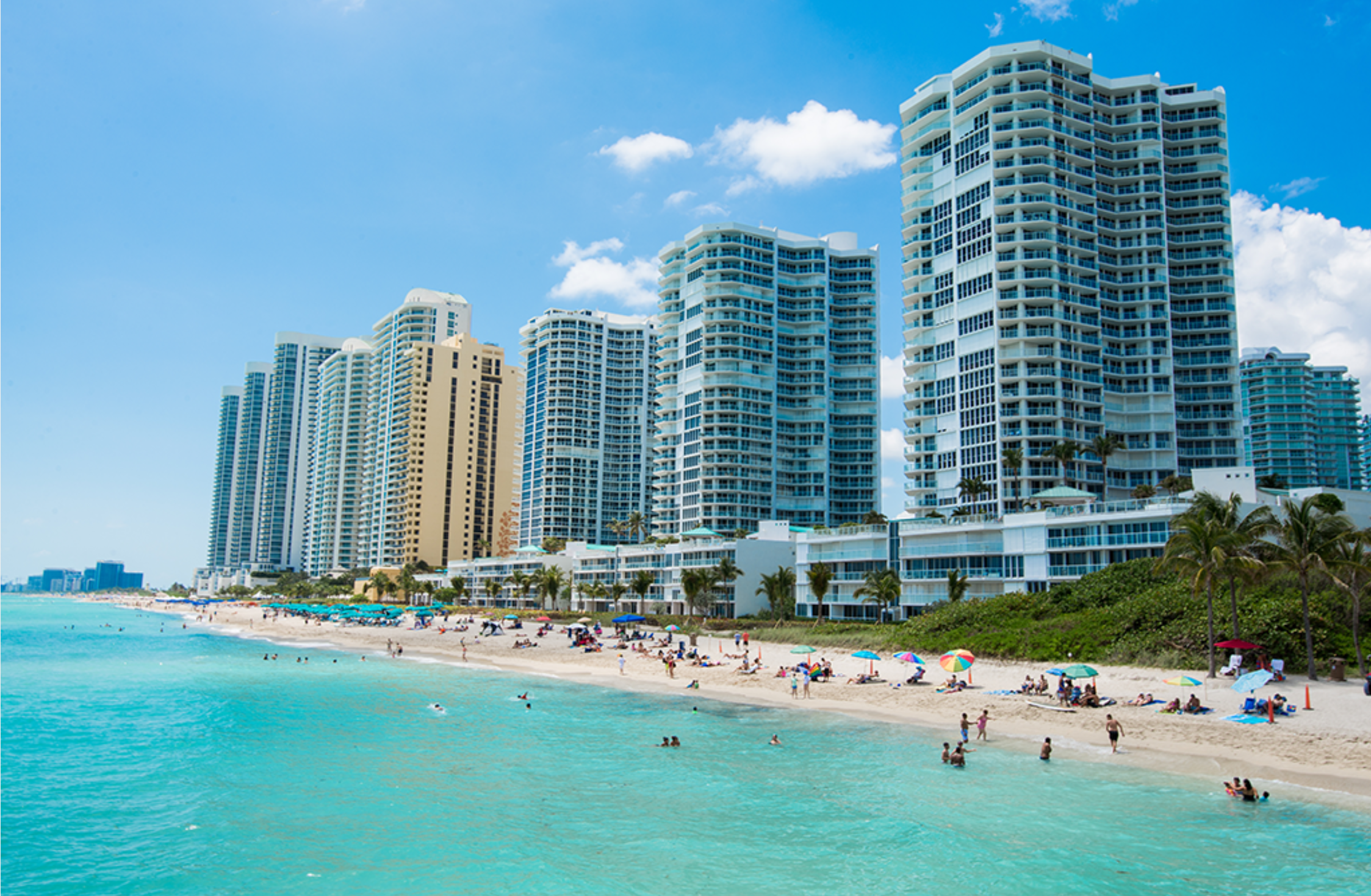The Pros and Cons of Real Estate in Tourist Destinations
https://buymeacoffee.com/kaysogy/the-pros-cons-real-estate-tourist-destinations
 Investing in real estate within popular tourist destinations can be appealing, offering unique advantages and potential returns. However, as with any investment, there are challenges and risks that need careful consideration. Here, we explore the benefits and potential drawbacks of purchasing property in sought-after travel areas, helping investors make informed decisions in their pursuit of high-yield opportunities.
Investing in real estate within popular tourist destinations can be appealing, offering unique advantages and potential returns. However, as with any investment, there are challenges and risks that need careful consideration. Here, we explore the benefits and potential drawbacks of purchasing property in sought-after travel areas, helping investors make informed decisions in their pursuit of high-yield opportunities.
Pros of Investing in Tourist Destination Real Estate
1. Higher Rental Yields: Properties in high-traffic tourist areas tend to command premium rental rates, particularly during peak season. Short-term rentals in popular locales can yield significantly higher returns compared to properties in suburban or rural areas, making them an attractive investment for those looking to capitalize on vacation rental income.
2. Consistent Demand: The demand for lodging in tourist hotspots remains steady, with travelers consistently seeking accommodations. This stable demand offers property owners the opportunity to maintain high occupancy rates, especially if their property is strategically located near key attractions or amenities like beaches, parks, or entertainment districts.
3. Potential for Appreciation: Properties in tourist areas can appreciate over time, particularly in locations experiencing steady economic growth and tourism infrastructure improvements. Additionally, as these regions attract more visitors and businesses, the value of well-maintained, strategically-located properties can grow, offering investors long-term capital appreciation potential.
4. Flexibility for Personal Use: Investors who purchase property in tourist areas can enjoy the flexibility of using the home themselves. This arrangement allows them to vacation there during off-peak seasons, turning the investment into a dual-purpose property that provides personal enjoyment as well as financial returns.
5. Tax Benefits: Many areas offer tax incentives for vacation rental properties, enabling investors to write off certain expenses. From maintenance costs to property management fees, these deductions can make tourist destination investments financially attractive, particularly for those renting out their property consistently.
Cons of Investing in Tourist Destination Real Estate
1. High Initial Investment and Competition: Properties in tourist areas can have a higher purchase price due to their prime locations and potential income. High demand in these regions also means competition is fierce, which may drive prices up further. As a result, investors need considerable capital upfront to enter these markets, which can pose a barrier.
2. Seasonal Income Fluctuations: While tourist destinations see steady demand, this demand often varies seasonally. For example, a beachfront property might attract numerous renters in the summer but experience lower demand in the off-season. This can lead to income variability, requiring investors to plan for leaner months or implement off-season marketing strategies to maintain cash flow.
3. Increased Maintenance and Management Costs: Vacation rental properties typically experience more wear and tear than long-term rentals, given the high turnover rate. Frequent cleaning, repairs, and regular upkeep become necessary, which can increase maintenance costs. Additionally, many investors hire property management services, which add an extra layer of expense.
4. Regulatory and Zoning Restrictions: Some popular tourist regions enforce strict regulations on short-term rentals to manage the impact of tourism on the community. Zoning laws, local ordinances, and homeowner association (HOA) rules can all impact how and when you can rent out your property. Changes in these regulations may affect the profitability and flexibility of your investment, making it important to stay informed of local policies.
5. Dependency on Local Tourism Trends: Tourism trends are subject to fluctuations influenced by factors like the economy, weather conditions, and global travel restrictions. The COVID-19 pandemic, for example, drastically affected tourism worldwide. Properties in tourist-centric areas may be more vulnerable to these shifts, potentially leading to reduced occupancy rates and lower income during downturns.
Tips for Success in Tourist Destination Real Estate: For investors considering properties in tourist hotspots, here are some strategies to mitigate risks and maximize returns:
Research Local Regulations: Before investing, familiarize yourself with local regulations regarding short-term rentals. Make sure the area allows vacation rentals and be aware of any future policy changes that might impact profitability.
Hire a Property Manager: Property managers can help streamline operations, manage guest communications, handle cleaning and repairs, and ensure regulatory compliance. This is especially valuable for investors who are not located near the property.
Diversify Your Booking Channels: List your property on multiple booking platforms to reach a wider audience and maximize occupancy. Additionally, consider offering special discounts or off-season promotions to maintain income throughout the year.
Invest in Quality Furnishings: Tourist properties often succeed based on the comfort and experience they offer. Investing in quality furnishings and amenities can lead to positive guest reviews, which, in turn, help to sustain higher occupancy rates.
Conclusion: Investing in real estate within tourist destinations offers significant income potential, particularly for those well-versed in property management and local market dynamics. With steady rental demand, appreciation potential, and tax benefits, such investments can prove lucrative. However, challenges such as seasonal income fluctuations, high competition, and regulatory restrictions must be navigated carefully. By understanding the pros and cons and employing smart strategies, investors can position themselves for success in this competitive yet rewarding sector of the real estate market.
Comments
Post a Comment